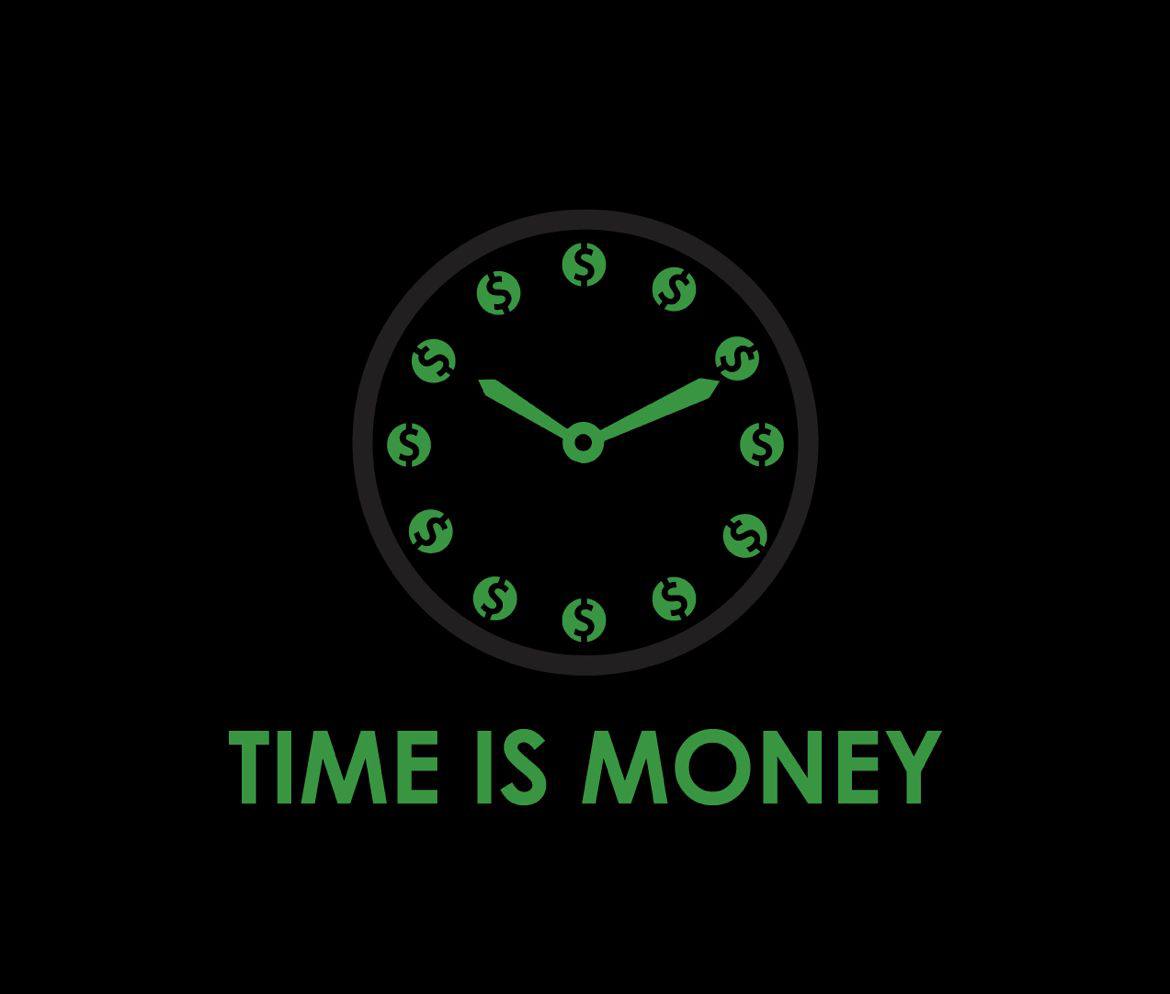Monday☕️

Trending:
- DOJ Accuses Russia Of Influencing U.S. Politics
- DCSA Initiates Continues Vetting
DOJ Accuses Russia Of Influencing U.S. Politics:
- The Department of Justice (DOJ) has charged a Nashville-based media company, TENET Media, with being part of a Russian-funded operation aimed at covertly influencing U.S. political discourse. This accusation stems from an alleged $10 million funneling operation from Russian sources into the company, which hired prominent conservative commentators to produce content that indirectly aligned with Russian geopolitical interests.
- The content produced was allegedly critical of Ukraine and subtly promoted narratives beneficial to Russia's international stance, though those involved denied any knowledge of the foreign funding. The operation is part of Russia's broader strategy to influence foreign elections and political landscapes through indirect methods, such as leveraging social media and media companies in different countries. By utilizing shell companies to obscure the origin of the funds and paying for the creation of content that could sway public opinion, the campaign aimed to infiltrate U.S. media without appearing overtly tied to Russian sources.
- The media personalities involved have publicly distanced themselves from the scheme, stating they were unaware of the foreign funding behind the projects they were contracted for. This case is one of many in recent years where Russia has been accused of using information campaigns to meddle in U.S. political affairs. These efforts include funding media outlets, influencing social media platforms, and promoting disinformation campaigns designed to divide public opinion or undermine trust in democratic institutions.
- The DOJ's actions highlight an ongoing effort to dismantle these operations and strengthen the integrity of U.S. elections and media. The charges against TENET Media and its connection to Russian influence reflect the complexities of modern disinformation efforts. Such campaigns are often hard to detect due to the use of third-party actors and the indirect nature of the content produced. As the U.S. gears up for future elections, the DOJ and other government agencies are actively working to prevent further foreign interference in the country’s political and media ecosystems.
DCSA Initiates Continues Vetting:
- The U.S. Defense Counterintelligence and Security Agency (DCSA) has begun a phased introduction of continuous vetting (CV) services for the non-sensitive public trust (NSPT) federal workforce as part of the Trusted Workforce 2.0 initiative. This reform aims to modernize the way personnel security is managed across the government. The NSPT workforce includes individuals in roles that, while not related to national security, require significant trust, such as public safety, law enforcement, or the protection of sensitive government information. The CV system replaces the traditional five-year reinvestigation cycle with real-time background checks, offering ongoing monitoring of potential risks.
- Continuous vetting involves automated checks across various databases, including criminal and financial records, to detect risks before they escalate. The system's goal is to identify misconduct or high-risk behavior early, rather than relying on periodic reviews. For NSPT personnel, financial monitoring will eventually be incorporated, broadening the scope of what the system tracks. The rollout began with early adopters in August 2024 and will continue through fiscal year 2025, at which point full implementation across all agencies is expected.
- Continuous monitoring also helps address emerging threats more rapidly, a necessity in today’s evolving security landscape. As part of the Department of Defense, the DCSA oversees security clearances for federal employees and contractors. Its mission is to protect U.S. national security by managing insider threats, securing sensitive information, and ensuring that individuals in key government roles meet ongoing trust requirements. Through Trusted Workforce 2.0 and continuous vetting, the DCSA seeks to modernize how trustworthiness is assessed, ensuring risks are identified and mitigated early.
Statistic:
Largest hotel companies by market cap:
- 🇺🇸 Marriott International: $64.07B
- 🇺🇸 Hilton Worldwide: $52.51B
- 🇯🇵 Oriental Land: $45.13B
- 🇺🇸 Las Vegas Sands: $29.23B
- 🇺🇸 Host Hotels & Resorts: $23.91B
- 🇭🇰 Galaxy Entertainment: $16.35B
- 🇬🇧 InterContinental Hotels Group: $15.66B
- 🇺🇸 Hyatt Hotels: $14.49B
- 🇮🇳 Indian Hotels Company: $11.15B
- 🇺🇸 MGM Resorts: $10.63B
- 🇫🇷 Accor: $10.19B
- 🇨🇳 Huazhu Hotels: $9.43B
- 🇺🇸 Wynn Resorts: $8.51B
- 🇸🇬 Genting Singapore: $7.60B
- 🇬🇧 Whitbread: $6.99B
- 🇺🇸 Vail Resorts: $6.96B
- 🇺🇸 Wyndham Hotels & Resorts: $6.11B
- 🇺🇸 Ryman Hospitality Properties: $5.94B
- 🇺🇸 Choice Hotels International: $5.80B
- 🇲🇴 MGM China Holdings: $5.12B
- 🇹🇭 Minor International: $4.75B
- 🇺🇸 Hilton Grand Vacations: $3.81B
- 🇲🇾 Genting Berhad: $3.74B
- 🇲🇴 Wynn Macau: $3.47B
- 🇲🇾 Genting Malaysia Berhad: $3.20B
Article Links:
Encryption Explained
Encryption is a significant area of cybersecurity, an essential tool in protecting information in the age of the internet. At its core, encryption is the process of converting data or information into a code to prevent unauthorized access. This process transforms readable data, known as plaintext, into an encoded form,

The Dark Web
The dark web is a complex segment of the internet, often associated with anonymity and illicit activities. This analysis delves deeply into its technological infrastructure, the nature of its security threats, and the crucial role of dark web intelligence platforms for security. The origins of the dark web are closely

Thanks for reading!
TIME IS MONEY: Your Free Daily Scoop of Markets📈, Business💼, Tech📲🚀, and Global 🌎 News.
The news you need, the time you want.
TIME IS MONEY
TIME IS MONEY: A Free Daily Email Newsletter of Markets📈, Business💼, Tech📲🚀, and Global 🌎 News.

Support/Suggestions Emails:
timeismoney@timeismon.news


